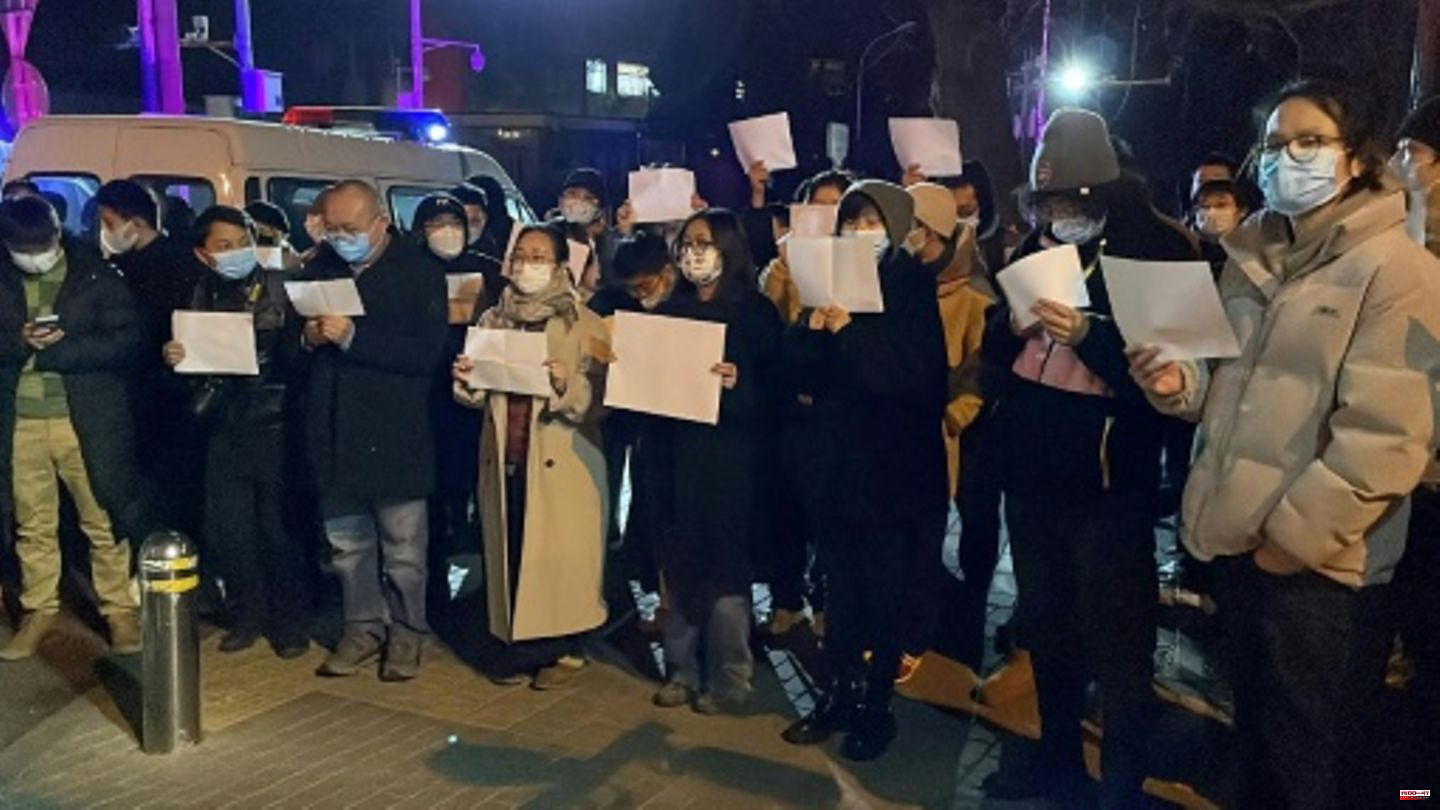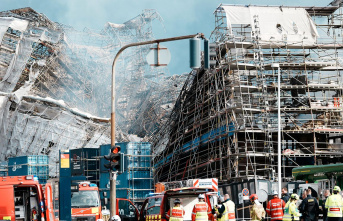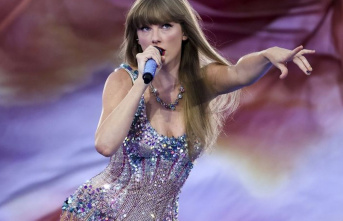Anger at the strict zero-Covid policy in China had erupted in nationwide protests in the past few days. The trigger was a house fire that killed ten people in the city of Urumqi in the north-western Chinese region of Xinjiang. The accident initially led to protests in Urumqi. On the Internet, many users blamed the strict corona measures for the slow rescue of the residents.
Over the weekend, protests spread to several major cities across the country, including Beijing, Shanghai and Wuhan. Demonstrators also gathered at several universities. They demand an end to the corona lockdowns, but also more political freedoms. There hasn't been a comparable wave of protests since the suppression of pro-democracy rallies in 1989.
The UN called on the Chinese authorities to respond to the protests "in accordance with international human rights". "Nobody should be arbitrarily arrested for peacefully expressing their opinions," said Jeremy Laurence, spokesman for the UN Human Rights Office.
Federal President Steinmeier underlined the importance of freedom of expression. "Freedom of expression is an important asset," he told DW. He therefore hopes that the state authorities in China will respect this right. In view of the strict corona restrictions in China, he "understands that people are showing their impatience on the streets".
The White House said President Biden was "closely monitoring" the unrest in China. White House National Security Council spokesman John Kirby said: "People should be allowed freedom of assembly and peaceful protest." The US State Department said: "We have long said that everyone has the right to protest peacefully, here in the United States and anywhere in the world. This also applies to the People's Republic of China."
In Beijing and Shanghai, a large number of security forces were on the streets on Monday after renewed protests were called for on the Internet. A planned rally in the capital failed because dozens of police officers with vehicles blocked an intersection near the meeting point.
In Shanghai, too, barriers along the sidewalks should prevent citizens from starting new protests. An AFP journalist saw three people being arrested by police.
The authorities also apparently deleted all reports of the protests in Chinese online networks. Search terms for central locations of the protests have been removed from the online platform Weibo. Videos from the online service WeChat also disappeared.
In the course of the protests, journalists reporting on the demonstrations were apparently also targeted by the authorities. The European Broadcasting Union EBU spoke on Monday of "unacceptable" intimidation of journalists in China. According to the British broadcaster BBC, one of his reporters was arrested in Shanghai on Sunday and beaten and kicked in custody. He was later released.
British Prime Minister Rishi Sunak has warned that China is a "systemic challenge" to the UK's "values and interests". This challenge is compounded by growing authoritarianism in China. London needs to "change its attitude towards China," Sunak said.
China is the latest major economy to adopt an ultra-tough zero-Covid policy. Even small corona outbreaks can lead to lockdowns or even entire cities. On Monday, the authorities relaxed at least some corona measures in Urumqi.
Beijing, meanwhile, defended its pandemic policy. The fight against Covid-19 will "be successful," said a Foreign Ministry spokesman. He accused "forces with ulterior motives" of linking the fire in Urumqi to the corona measures.












